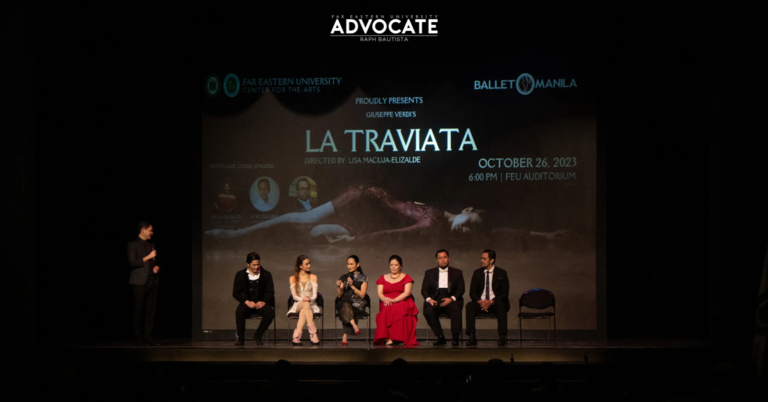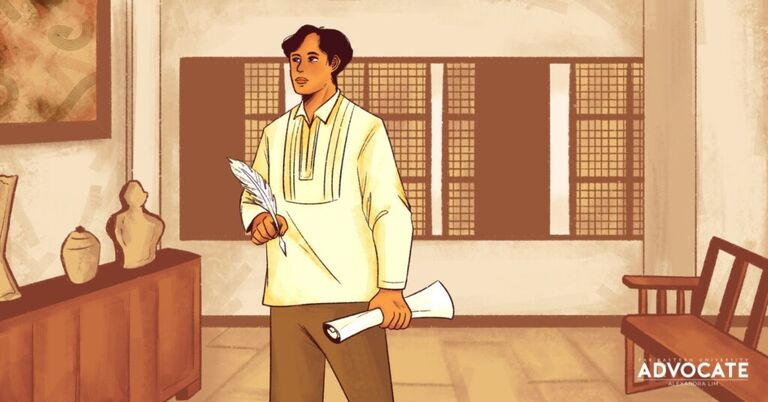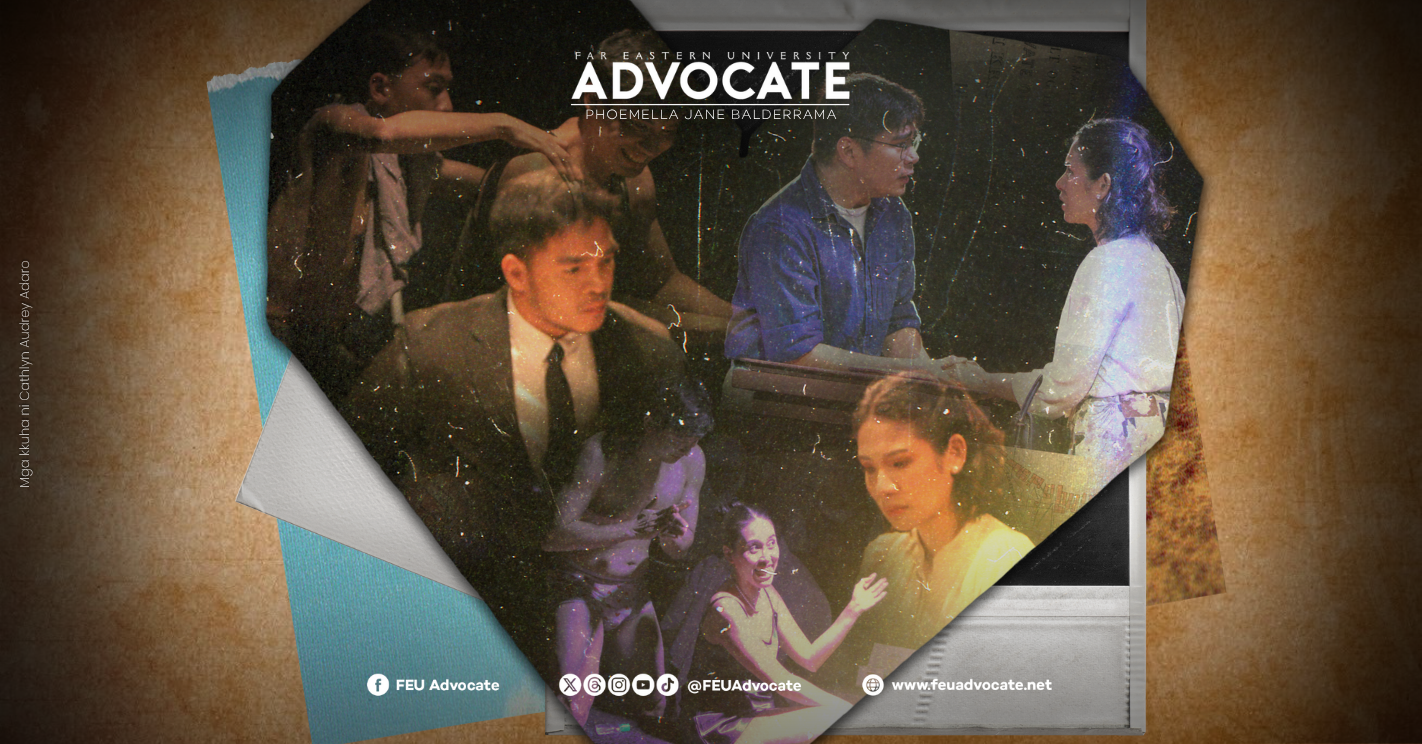
Ballet Manila returns to FEU Auditorium in La Traviata performance
- November 05, 2023 05:46
FEU Advocate
December 29, 2023 15:11

By Lorenzo B. Juachon
(This was originally published on 21 December 1961 Volume XXIV no. 27 Christmas Number of FEU Advocate, a defunct segment released by the publication.)
Jose Protacio Rizal, the Philippine national hero, stands today as the foremost Asian revolutionist whose heroic phenomenon continues to dazzle scholars and historians alike.
No other Filipino of any singular stature has animated the interest and acclaim of the world that this Great Malayan whose genius foreshadowed the emerging greatness of his race.
A century later after his birth and six decades after his martyrdom, Rizal remains for the Filipinos the gadfly of resurgent nationalism.
His classics, Noli Me Tangere and El Filibusterismo, have become the fountain of inspiration for latter-day Filipinos who think and contemplate the present against the past.
The values he espoused, the evils he despised and sought to cast away, Rizal indelibly marked out in those two great books through an array of living characters who seem to leap out from their pages and condemn the essential contemptibility of contemporary Philippine society.
One can go on in casing Rizal in moonlit phrases. However, one is helpless before his cerebral splendor. Rizal’s mind is what the Gallic may call engage.
From it sprang the plethora of ideas that ultimately forged the subdued passion of his country into that irresistible cry for freedom from slavery. And when one dewy morning volleys of Castillian bullets sought to blast his brains, his ideas swiftly agitated the oppressed among the Indios who eventually cracked the cynical empire.
From such mind flowed the scholar and the patriot in Rizal. At the age of 35, Rizal attained the zenith of intellectual prowess that no self-respecting Rizalphobe would dare pooh-pooh.
It is passing strange that Rizal as a hero is still a stranger to most of his countrymen.
While it is common place to ascribe Rizal’s measure of greatness to his martyrdom, it is rare if at all that he is revered as an idea.
Rizal is essentially an idea. His lifetime’s homage to scholarship and learning is rooted in the classic idea that man’s salvation lies in freedom from ignorance.
This idea of freedom Rizal pursued unto the end of his brief lifetime.
Freedom, he preached, could not be had for a song: it must be earned.
This idea of freedom Rizal saw during his lifetime was being killed by forces of obscurantism. Against this tyranny of the mind, this retrogression of ideas, Rizal showed that greatness still counted for something.
If the new Philippines was made possible by the fortitude and heroism, and later the intelligence of Filipino masses, it was primarily his creation.
More broadly, Rizal’s idea of change showed that men can still make their history by conscious thought and will.
Rizal, indeed, was destined to be the pristine idea which set Asia into the flames of revolutionary change.









